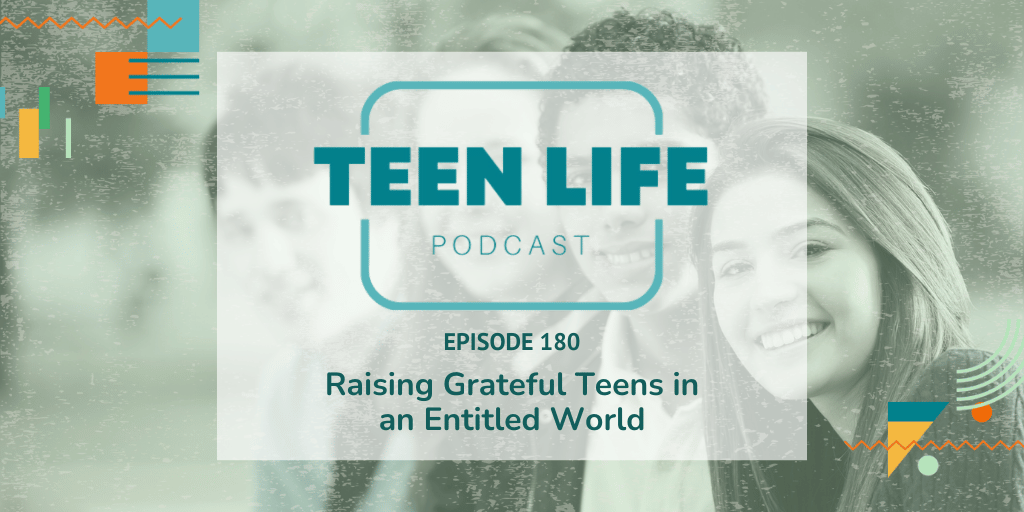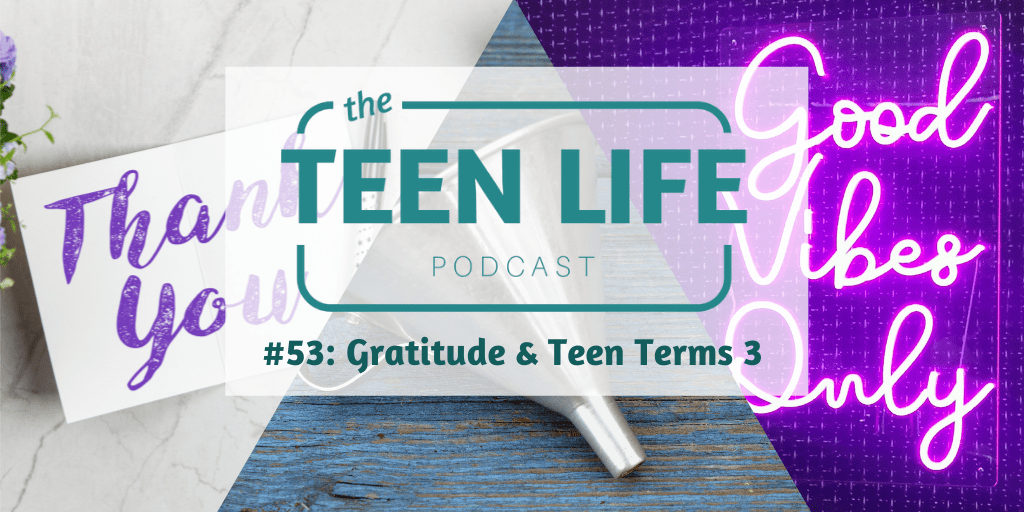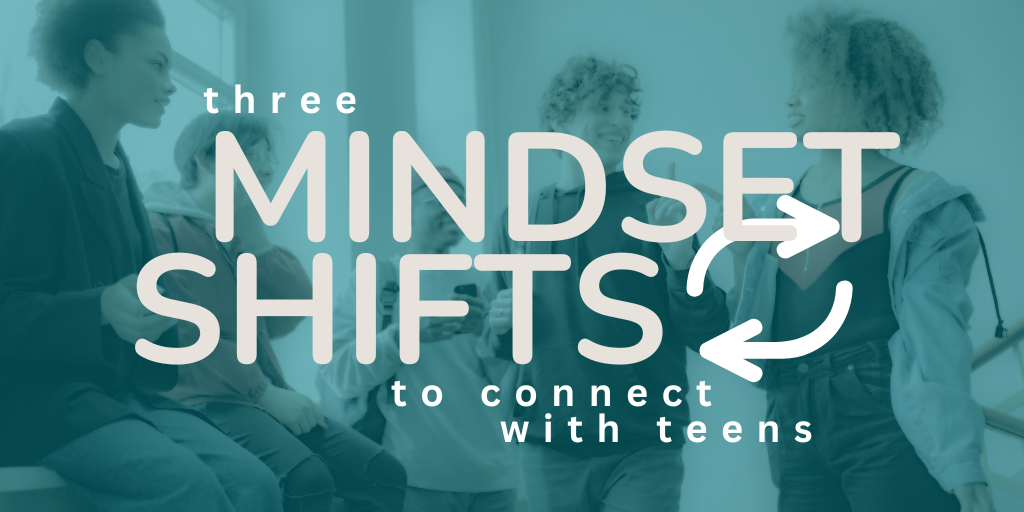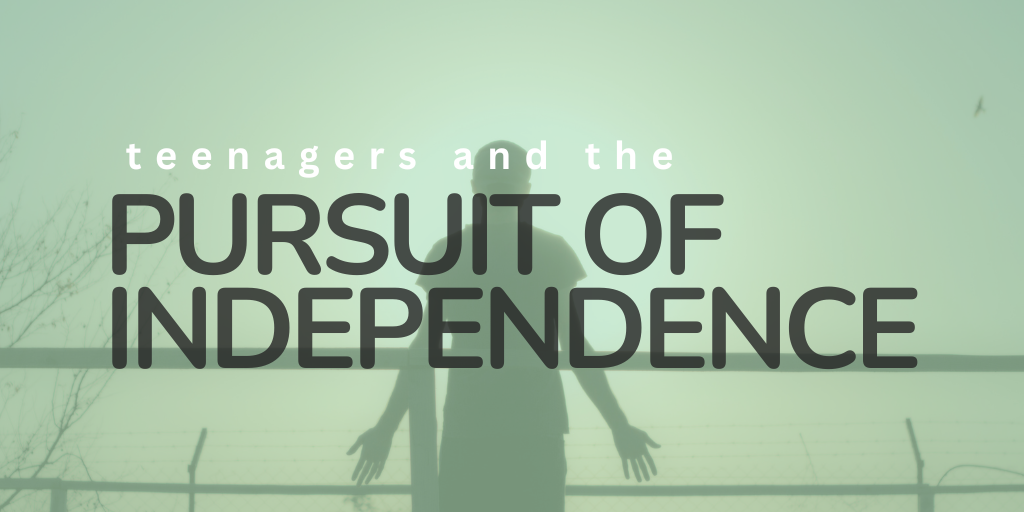Podcast: Play in new window | Download
How can I help teens grow in gratitude?
Spend time with teens long enough and you’ll likely hear complaints about chores, groans about homework, or frustration when things don’t go their way.
At times, it can look like entitlement—like they expect everything to be handed to them. But before we throw up our hands and label this “a teen problem,” let’s dig deeper.
Key Question
Why do teens seem so entitled, and what actually helps them appreciate what they have?
What We Cover
02:03 Understanding Teen Entitlement
05:13 The Impact of Parenting Styles on Entitlement
08:00 Cultural Influences on Teen Expectations
11:06 Navigating Entitlement in Adolescence
11:35 The Balance of Parenting and Resilience
13:55 Navigating Expectations and Mental Health
15:42 Fostering Gratitude in Children
17:41 Encouraging Ownership and Real Life Lessons
What does entitlement look like in teens?
Entitlement can show up in subtle or obvious ways, such as:
- Expecting privileges without responsibility.
- Being ungrateful when given opportunities or gifts.
- Struggling to handle “no” or boundaries.
- Comparing themselves constantly to peers and feeling dissatisfied.
Sound familiar? The truth is, entitlement isn’t unique to teenagers—it’s part of being human. Teens are just in a developmental stage where they’re still learning how to balance expectations with gratitude.
What’s behind the entitlement stereotype?
It’s easy to blame a generation, but entitlement in teens often reflects bigger cultural and developmental realities:
- Cultural Shifts: We live in a world of instant access and constant upgrades—gratification comes quickly.
- Parenting Patterns: Well-meaning adults sometimes shield teens from struggle, unintentionally feeding unrealistic expectations.
- Development Realities: Teens are wired to see the world through their own lens as they develop independence.
- Social Media Comparison: A scroll through feeds can make any teen feel like they’re missing out or “deserve more.”
Perspective Shift
Instead of seeing entitlement as evidence that something is “wrong,” what if we reframed it as a normal part of growth?
Entitlement is not failure—it’s immaturity. And adults wrestle with it too! Think about how easy it is to complain when Wi-Fi is slow, or when a long line at the store feels unfair.
Teens are simply practicing, with our help, how to handle those same human tendencies.
The Cost of Entitlement
Unchecked entitlement can hurt teens in significant ways:
- Relationships: It makes it harder to build empathy and deep connections.
- Resilience: If they expect life to always be easy, setbacks feel overwhelming.
- Motivation: Without instant rewards, they may give up or disengage.
- Mental Health: Constant disappointment can fuel anxiety, anger, or even depression.
Practical Ways to Grow Gratitude in Teens
Here’s the good news: entitlement isn’t permanent. Teens can learn genuine gratitude when adults model it and create opportunities for growth.
Some strategies include:
- Model thankfulness: Let your teen hear you say “thank you” often. Express gratitude for both big and small things.
- Expose them to new experiences: Volunteering or serving others helps teens see beyond themselves.
- Practice delayed gratification: Encourage saving for something they want or waiting for rewards.
- Start gratitude journaling: Writing down daily blessings builds awareness over time.
- Let them take ownership: Giving responsibility for chores, projects, or family contributions helps teens appreciate what they have.
TL Tips and Takeaways
Don’t just force “thank yous.” Focus on cultivating genuine appreciation.
Show gratitude to your teen. Thank them for helping out, for following through, or simply for being present.
Take one step yourself. This week, grow your own gratitude—because when adults practice thankfulness, teens notice.
Some Last Thoughts
Helping teens move from entitlement to appreciation is not about shaming them—it’s about guiding them. When we model gratitude and give them chances to practice, we equip them with tools that will strengthen their relationships, resilience, and well-being for life.
Links & Resources:
- Teen Life Podcast: Ep. 53: Gratitude & Teen Terms 3
-
Raising Grateful Kids in an Entitled World by Kristen Welch

Karlie Duke
Communications Director

Tobin Hodges
Program Director

Caleb Hatchett
Podcast Host
Karlie Duke | Director of Communications
Karlie has always had a heart for teenagers. Through her role at Teen Life, she loves to showcase the amazing stories coming out of Support Groups, but she is especially passionate about helping adults and teenagers find connection. Karlie has a BS in Communications with a minor in Family Studies from Abilene Christian University.
Caleb Hatchett | Podcast Co-Host
Caleb loves helping teenagers take ownership of their faith and relationships. He graduated from Abilene Christian University with a degree in Youth and Family Ministry and is currently Student Ministry Director at Jenks Church in Oklahoma.
Tobin Hodges | Program Director
Tobin’s entire career has been centered around students and teens from all walks of life. He has a passion for helping teens be their best selves. As Program Director, he loves working directly with school staff and students through Teen Life Support Groups. Tobin has a Bachelor’s Degree in Music from Texas Tech University.












